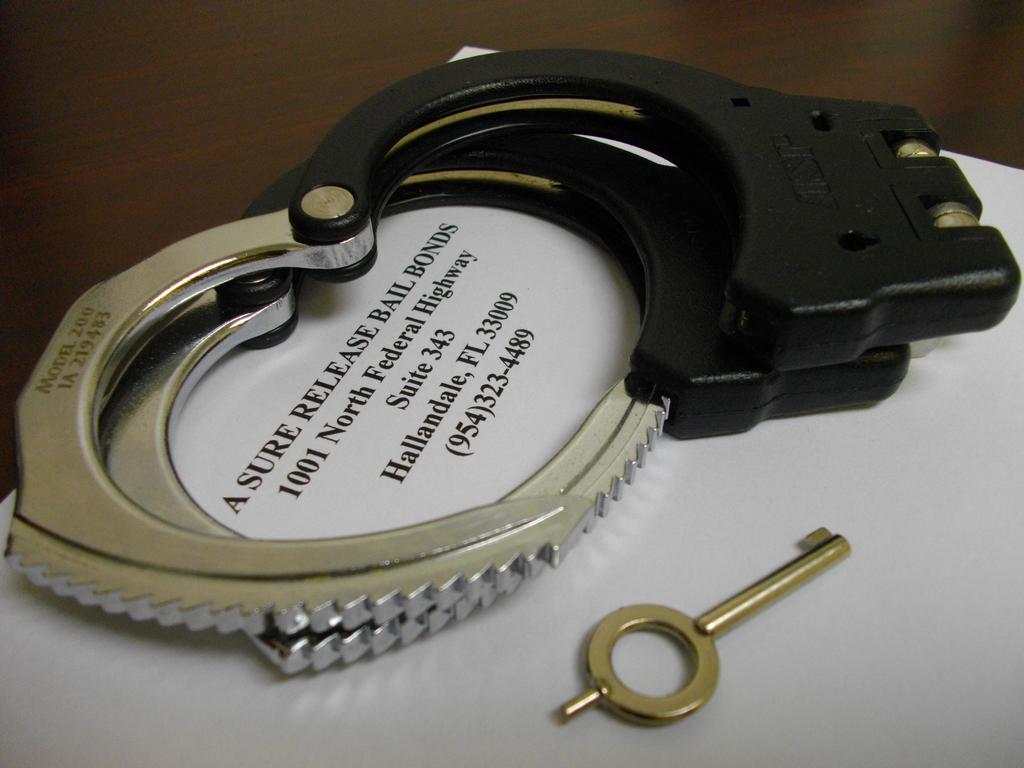Bail Bonds – 4 Commonly Asked Questions

If you watch the news, you’ve probably heard of the term “bail” before.
Often, when a defendant is accused of a crime, someone says that it is “set” at a certain amount, or that it was paid.
However, for how often we hear this term, not many of us know exactly what it means.

Here are four commonly asked questions about the topic.
This is an amount of money that must be paid in order to release someone from jail who has been accused of a crime.
The court sets the sum and it must be paid in order for the person who was accused to go free.
Although if this amount is “posted” (otherwise known as paid for) the defendant is allowed to leave incarceration,
this doesn’t mean that he can get out of trouble completely – it only means that he can go about his business until his court date, which he must attend.
This can be vitally important for defendants, as it means they have time to spend with their families and prepare for their cases to go before a judge,
rather than staying in jail when they have not been found guilty of any crime.
Although the total cost varies widely depending on certain factors, there are times when bail can be extremely cost prohibitive.
It is not uncommon for this quantity to total about $20,000 in west coast states like California, although it can be upwards of $50,000 or more!
The quantity depends largely on the crime and related factors. After an arrest, the court determines how much to charge.
This can take only a few hours, but might sometimes be a longer process.
Typically, judges use an official schedule that is issued each year to determine how much to charge based on the crime.
Another factor that may be considered is the history of the defendant. If he or she has a criminal history, more money may be requested than is typical.
Likewise, the risk of keeping the individual on the streets (rather than locked up) as well as how likely he or she is to hurt others and/or skip the court date are taken into consideration.
There are a few different ways this can happen. You can simply pay the court in cash or with a cashier’s check.
Or, you can use what is referred to as “real property” as collateral if you don’t have all/some of the amount required.
Typically, a home or other real estate is used, and this process can take one or two months.
Finally, there is the surety bond. This requires teaming up with a bail bondsman.
Typically, these types of businesses will have you pay 10 percent of the fee and they will take care of the rest.
In this case, and in all cases when it comes to bail, you must ensure the accused attends his/her court date.
Jackson’s son was accused of a crime and required to post bail his family could not afford.
When they found out about resources like Expert Bail, they were relieved. Jackson hopes this information and advice will prove helpful to others.
